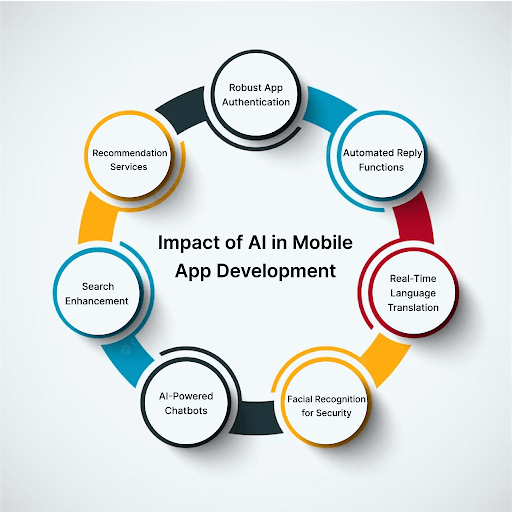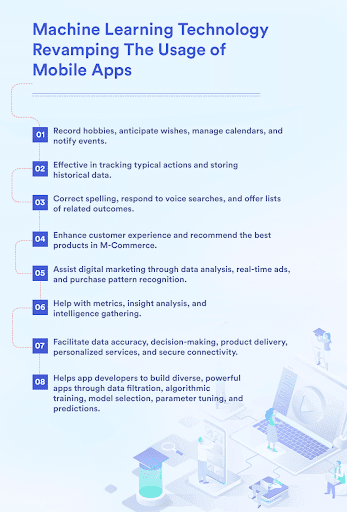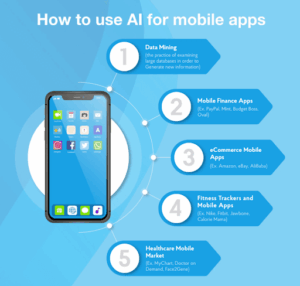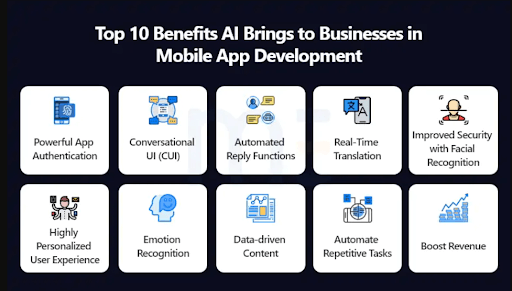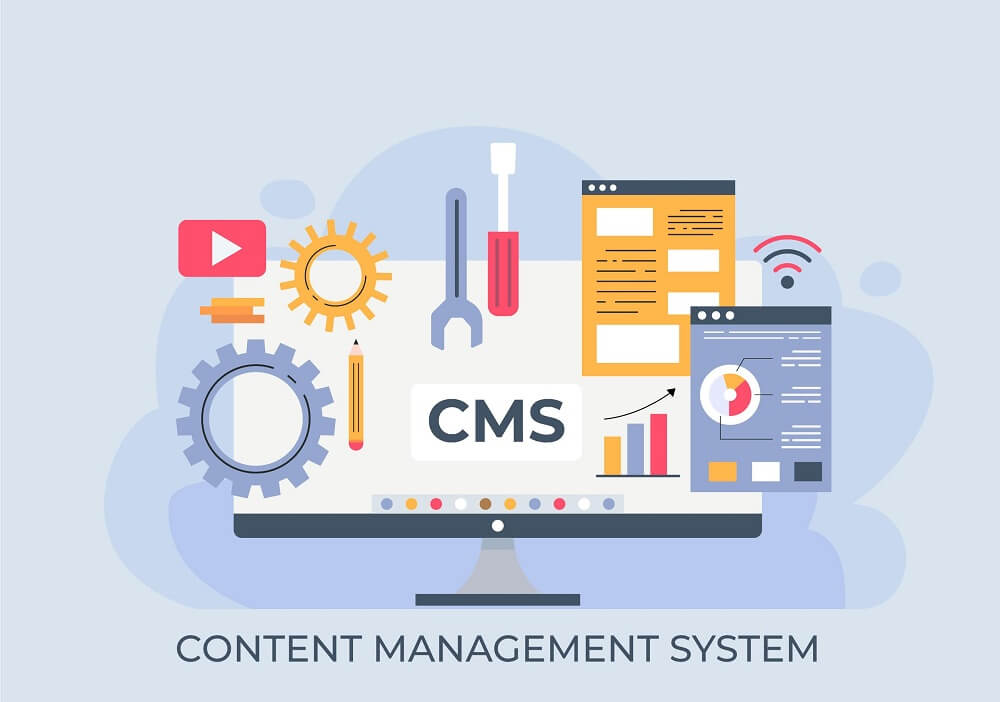Fintech application development solutions and digitization of transactions has been a common phenomenon in the recent past years.
However, the prominence of mobile-based payments and transactions has become mainstream.
According to a recent survey the global count of smartphone users in 2023 has crossed 7 billion which accounts for nearly 89% of the total global population that own smartphones.
This increase in the usage of smartphones with the advent of financial applications has driven the fintech industry to new heights.
Today’s modern fintech applications leverage emerging mobile technology to empower banking and financial services.
In this blog post we are going to discover the top emerging trends in the fintech industry in 2024.
Top Fintech Stats and Insights
- As of 2023, the fintech space is worth $180 billion.
- There are approximately 30,000 fintech startups in the world.
- Visa is the largest fintech company with a valuation of almost half a trillion USD.
- It is expected that the fintech industry will reach a valuation of $490 billion by 2028, which is growing at a CAGR of 16.8%.
- Nearly 25+ fintech companies have passed the $10 billion ‘Decacorn’ mark.
- 90% of Chinese citizens use fintech banking, payment and financial management solutions.
- S. personal loan agreements using fintech have increased by 33%.
- As of 2023 nearly 75% of the US population was using digital banking.
Top 10 Emerging Trends in Fintech App Development
-
Artificial Intelligence:
Artificial Intelligence (AI) is a revolutionizing technology and its application can be seen in fintech as well.
According to the World Bank, innovations like AI have enabled nearly 1.2 billion unbanked people to access financial services.
AI and machine learning algorithms can enable Fintech companies to support financial transactions like banking and money lending and can decide who can access these lending features in an unbiased option basis.
Data-driven business models, using AI and ML, can be implemented in various financial sectors.
Today, these applications have the ability to analyze vast datasets, predict market trends and personalize user experience.
Never miss an update from us. Join 10,000+ marketers and leaders.
The AI-powered algorithms enhance fraud detection, risk management, and investment strategies which provide users with more accurate and timely insights.
-
Biometric Authentication:
Security is of paramount importance in the world of finance. Biometric authentication methods such as fingerprint recognition, facial recognition and iris scanning are gaining wide-scale popularity.
Biometric scanning is the latest in Fintech app development; face, fingerprint, and voice scanning are some of the most unique elements of each individual for banking authentication.
We can already see many fintech companies leveraging these authentication systems already available on smartphones to ensure that their customer data is safe and remains un-hackable.
-
Neobanking:
Neobanks, or digital-only banks are disrupting the way traditional banks work. These app-based platforms offer a wide range of financial services without having any physical branch.
Neobanks works completely online which uses advanced IT technologies such as blockchain. This enables them to provide services 24/7 with speed and efficiency.
As these online banks don’t have a physical branch, the regional differences don’t affect the cost of the services provided. Moreover, there is no need for the Neobank institutes to spend any extra money on labor or rent.
These digital-only banks offer a range of financial services and are characterized by their user-friendly interfaces, lower charges and their focus on customer-experiences.
-
Microservices:
Another way to improve fintech offerings is through micro services. They provide great value which enables them to expand their popularity faster.
This category of Fintech is known as Small Form Factor (SFF) server architecture. These micro servers can host small-scale applications which do not require full-services of a traditional large enterprise.
Each of these micro services are managed in a micro server which is designed to reduce the size, power consumption and costs while maintaining high-scale power and security of the fintech mobile app development.
The micro-services architecture is transforming fintech app development by breaking down complex apps into modular and independently deployable services.
This approach enhances scalability, flexibility and the speed of the development.
-
Embedded Finance:
Embedded finance is all about integrating financial services seamlessly into one non-financial application platform. It has already gained a massive ecosystem. And It is estimated that it is likely to expand by 40% next year.
The trend is fostering financial inclusion and convenience for the users. Users can now access banking, payments and investment features in the application they use daily.
Using embedded finance, companies are expecting to boost customer experience and revenue by providing comprehensive offerings throughout the customer journey.
Various industries who are adopting embedded finance are banking, credit, investing, payment processing, loans and insurance.
-
Gamification App Development:
Gamification of fintech apps is all about bringing an element of fun and engagement to financial applications.
Fintech apps are now integrating game-like features to motivate users to save more, invest strategically and for creating general awareness of reaching financial goals and various app features through interactive challenges and rewards.
-
Blockchain:
Blockchain technology is reshaping the financial industry by providing secure, transparent and decentralized systems.
Blockchain is utilized for securing the transactions, using smart contracts and cryptocurrency applications. This further offers increased efficiency and reduced costs.
-
Chatbots:
Chatbots are powered by Natural Language Processing (NLP) which has become an integral part of fintech customer services.
Are you looking for Fintech App developer
They provide instant assistance, answer queries proactively as well guide new users through various features of the application.
Chatbots will soon become the norm in enhancing user engagement and making transactions more efficient.
-
Voice Commands:
Voice-activated financial applications are gaining a wide popularity which allow users to perform various transactions, check balances and receive financial insights using voice commands.
This trend enhances accessibility and convenience for users who use fintech apps on the go.
-
Autonomous Finance:
Autonomous finance leverages AI and automation to manage users’ various financial affairs seamlessly.
From automated budgeting and investing to personalized financial advice, autonomous finance enables users to achieve their financial goals with minimal manual intervention.
-
Robotic Process Automation (RPA):
Robotic Process Automation of RPA is all about streamlining back-office processes in a fintech by automating various repetitive tasks.
This further reduces errors and improves operational efficiency.
This enables the financial institutions to allocate resources more strategically and enhance overall productivity.
Conclusion
These ever evolving trends in fintech app development are reshaping the way we interact with and manage our finances.
Starting from the integration of AI and Blockchain to the rise of neobanking and embedded finance, business industries should look after these trends to thrive in this market.
As developers and financial institutions embrace these innovations, users can anticipate more of such personalized, secure and efficient financial experiences in the years to come.


